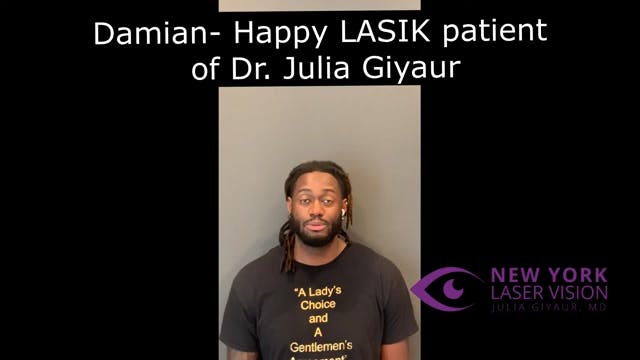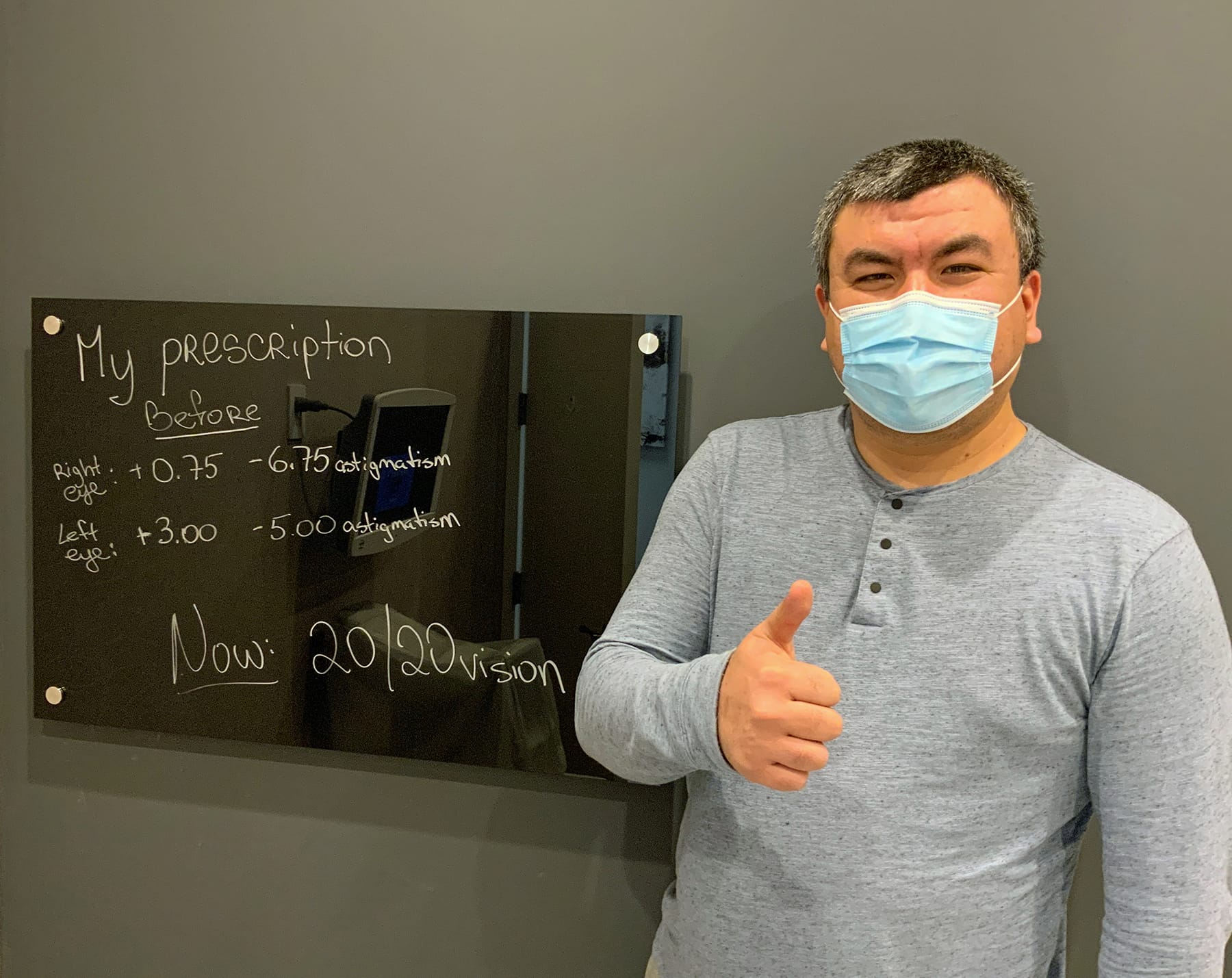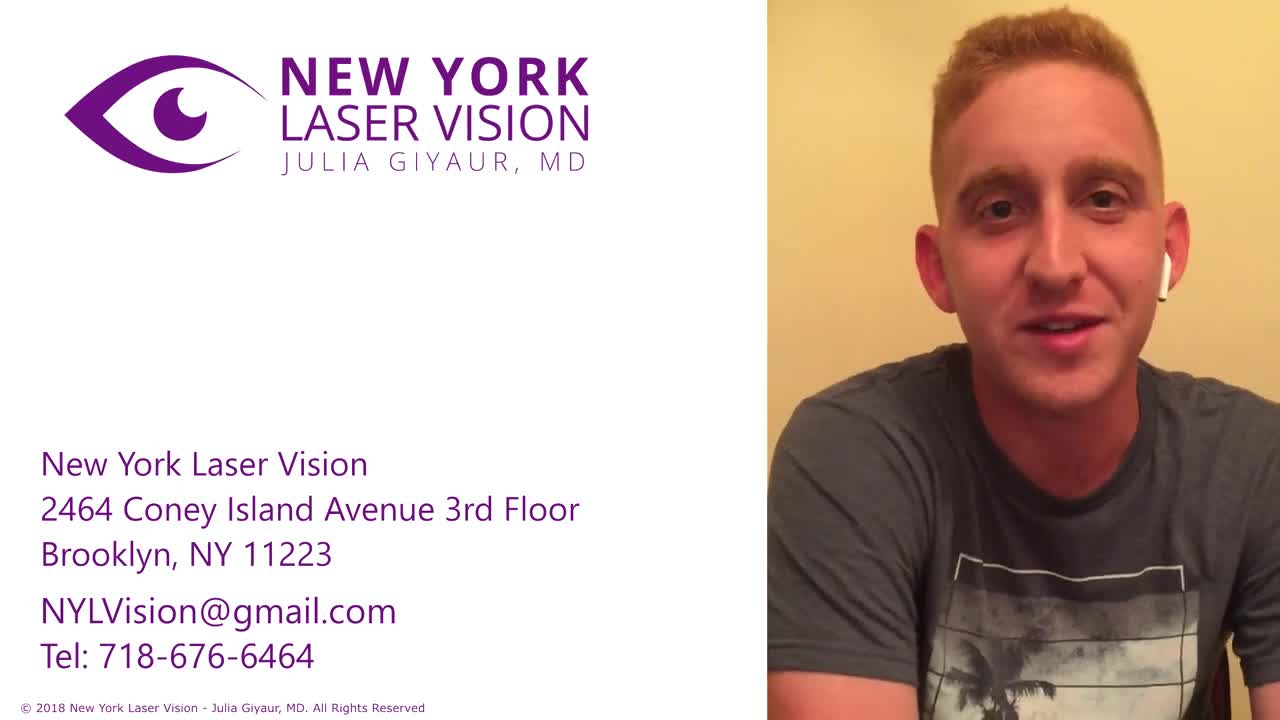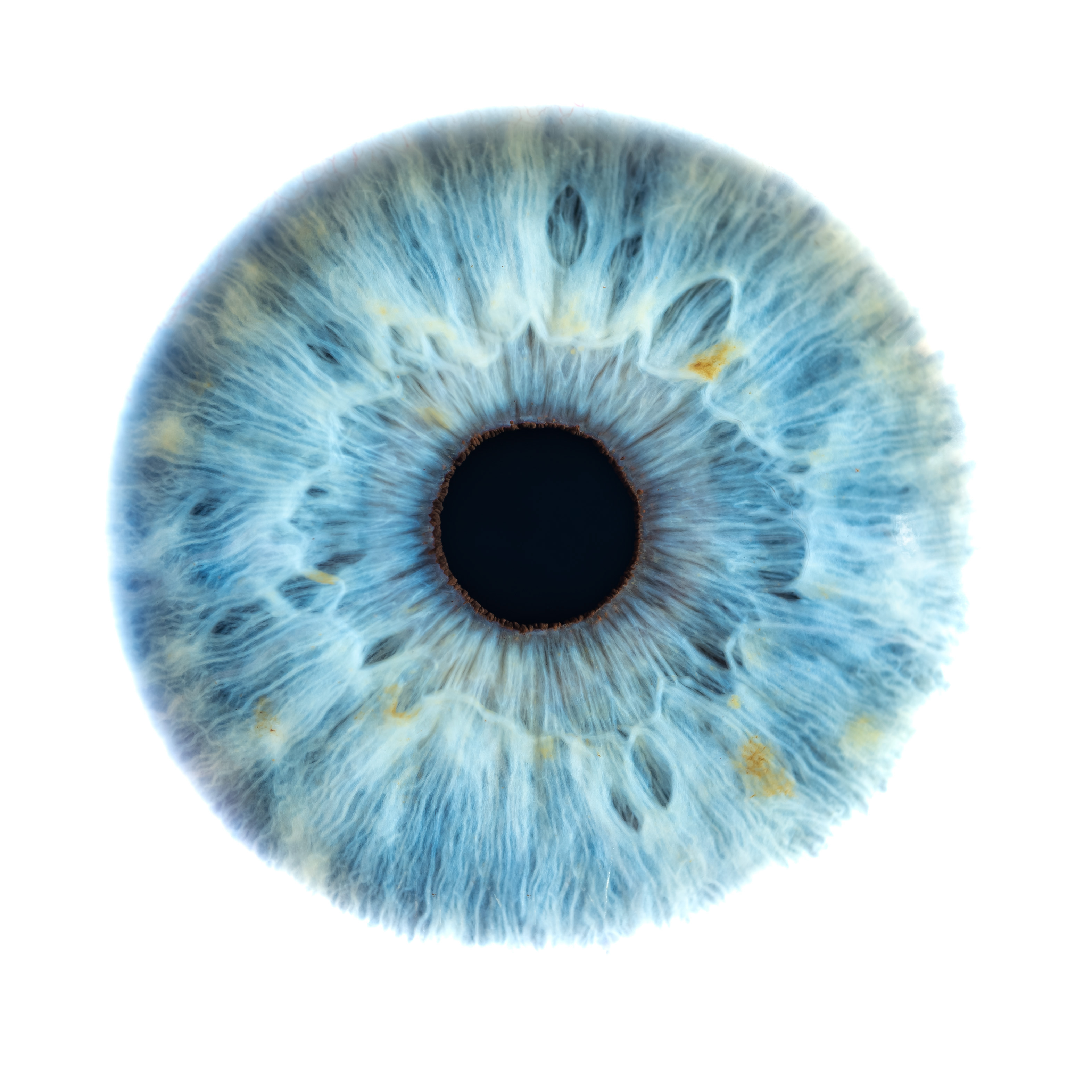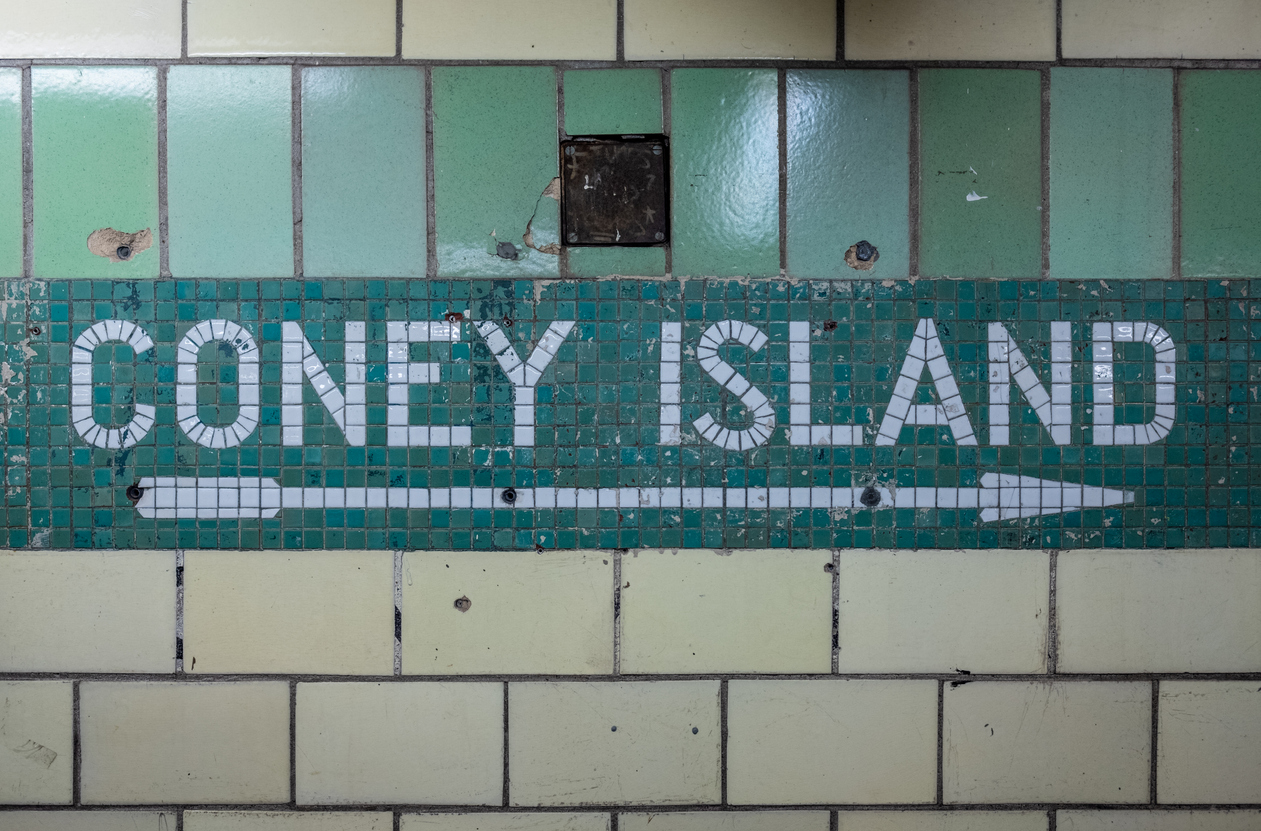What are the benefits of LASIK?
LASIK surgery in Manhattan with New York Laser Vision gives you clearer vision to enjoy life without needing contact lenses or corrective eyeglasses.
Studies indicate that LASIK:
- Is successful in achieving 20/20 vision in 85% of patients
- 95% of patients achieve at least 20/40 visual acuity with LASIK
- Results are long-lasting, and most patients don’t require follow-up procedures
Other LASIK benefits include:
- The LASIK procedure is brief
- LASIK involves little to no downtime, meaning you can resume your normal activities after taking some time to rest on the day of the procedure
- More than 8 out of 10 LASIK patients no longer need their glasses or contact lenses for most of their activities
























